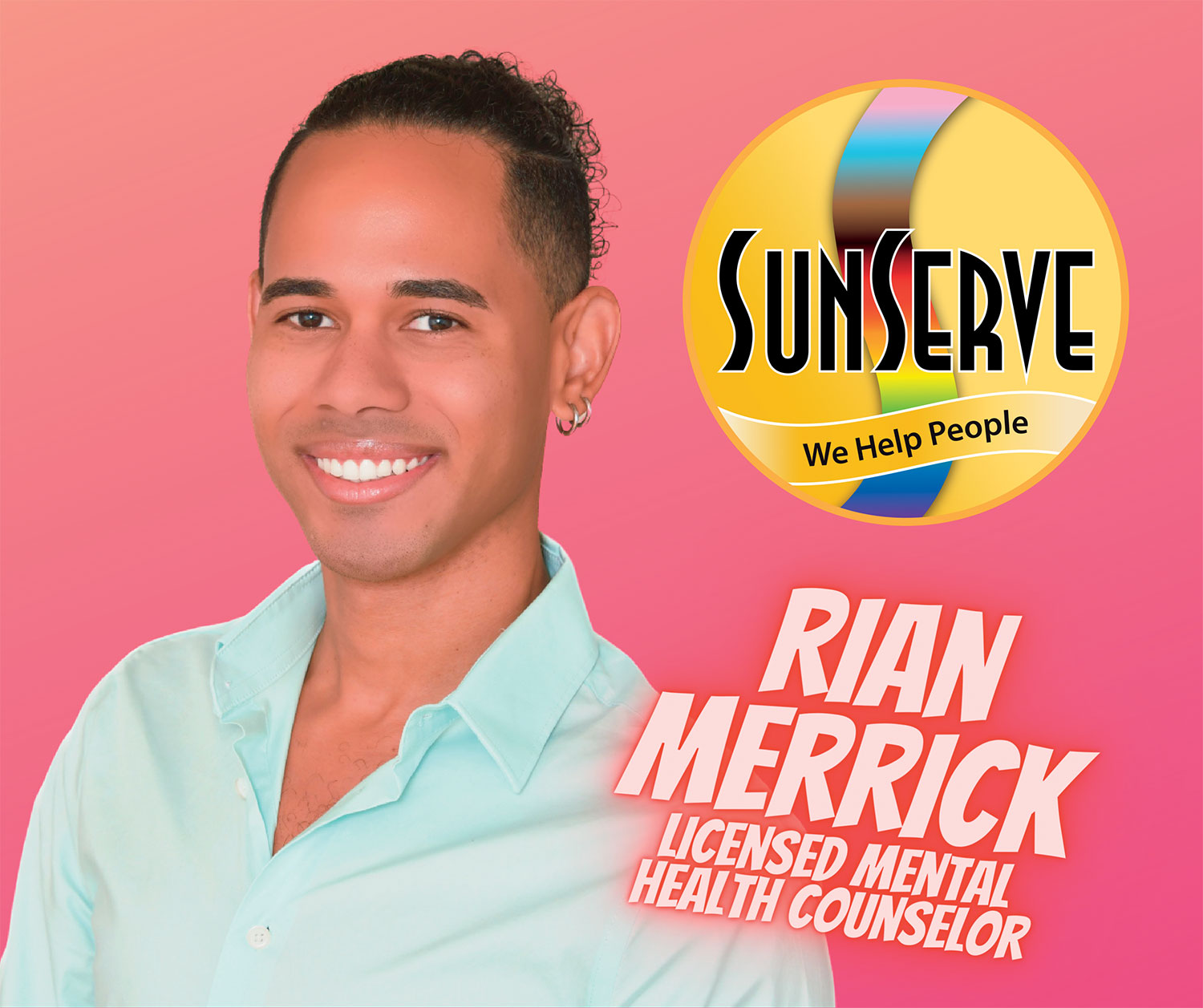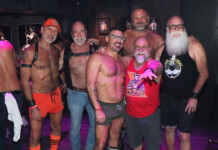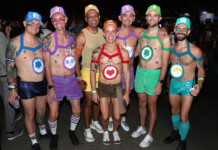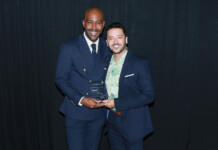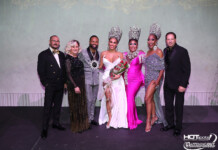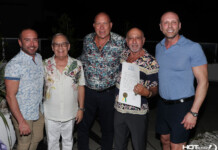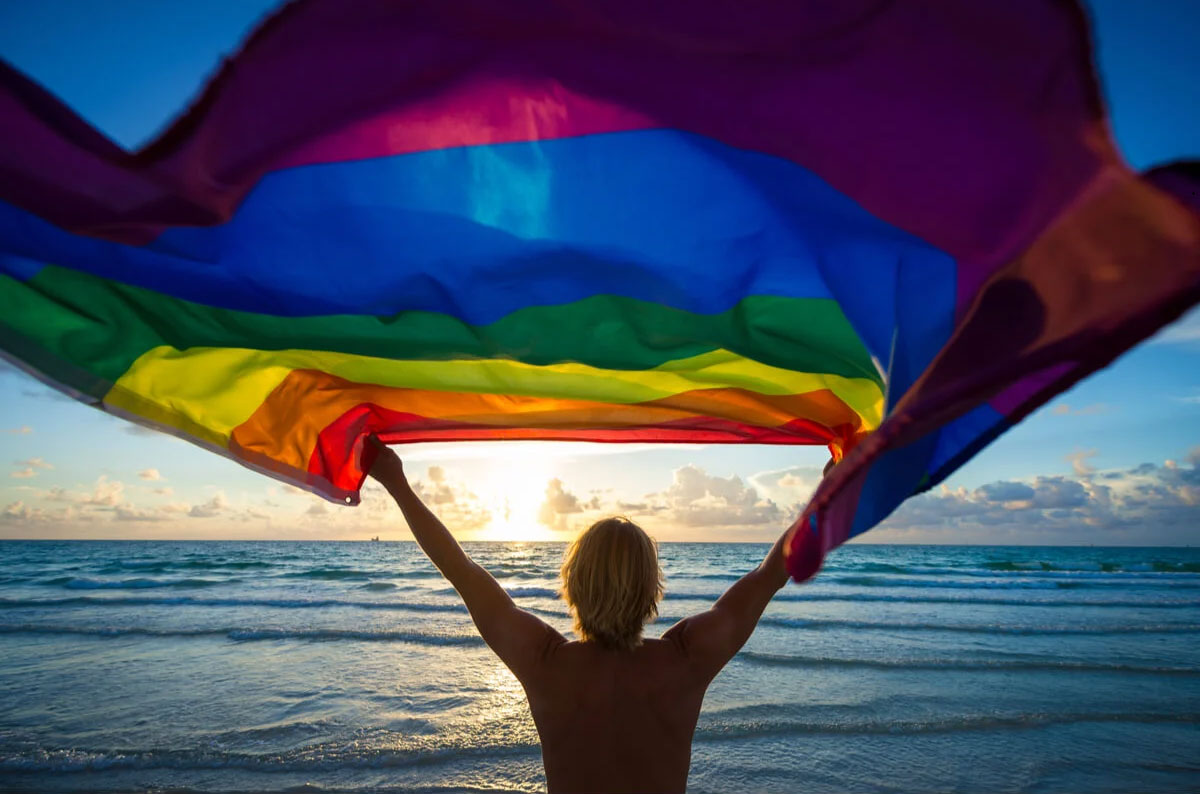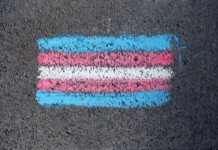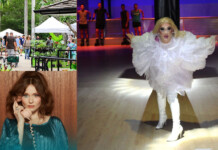The Caribbean region is known for its vibrant cultures, lush landscapes, and rich history. Beyond its alluring surface, LGBTQ+ communities have played a significant role in shaping the region’s identity. While Caribbean countries often face oppressive anti-LGBTQ+ legislation and cultural stigma, their pride celebrations have become powerful symbols of strength and resilience.
Cultural Legacy and Identity
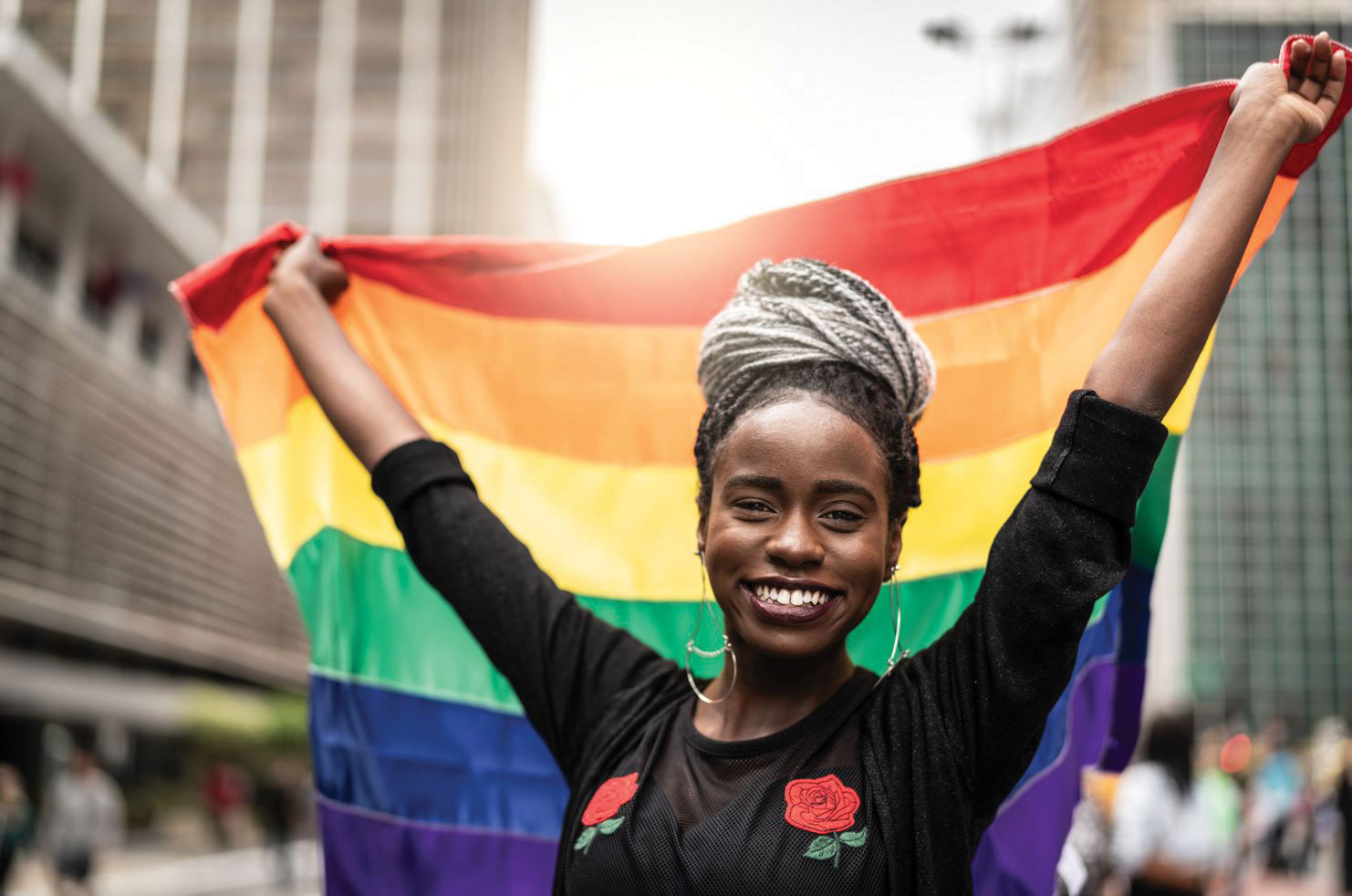 The Caribbean has a complex history that deeply influences the attitudes toward LGBTQ+ individuals. Traditional cultural norms and religious beliefs have often contributed to the marginalization and discrimination faced by the community. Despite this, many LGBTQ+ Caribbeans proudly embrace their identities, finding strength in their heritage and resisting efforts to erase their existence.
The Caribbean has a complex history that deeply influences the attitudes toward LGBTQ+ individuals. Traditional cultural norms and religious beliefs have often contributed to the marginalization and discrimination faced by the community. Despite this, many LGBTQ+ Caribbeans proudly embrace their identities, finding strength in their heritage and resisting efforts to erase their existence.
Pride Celebrations: A Triumph of Visibility
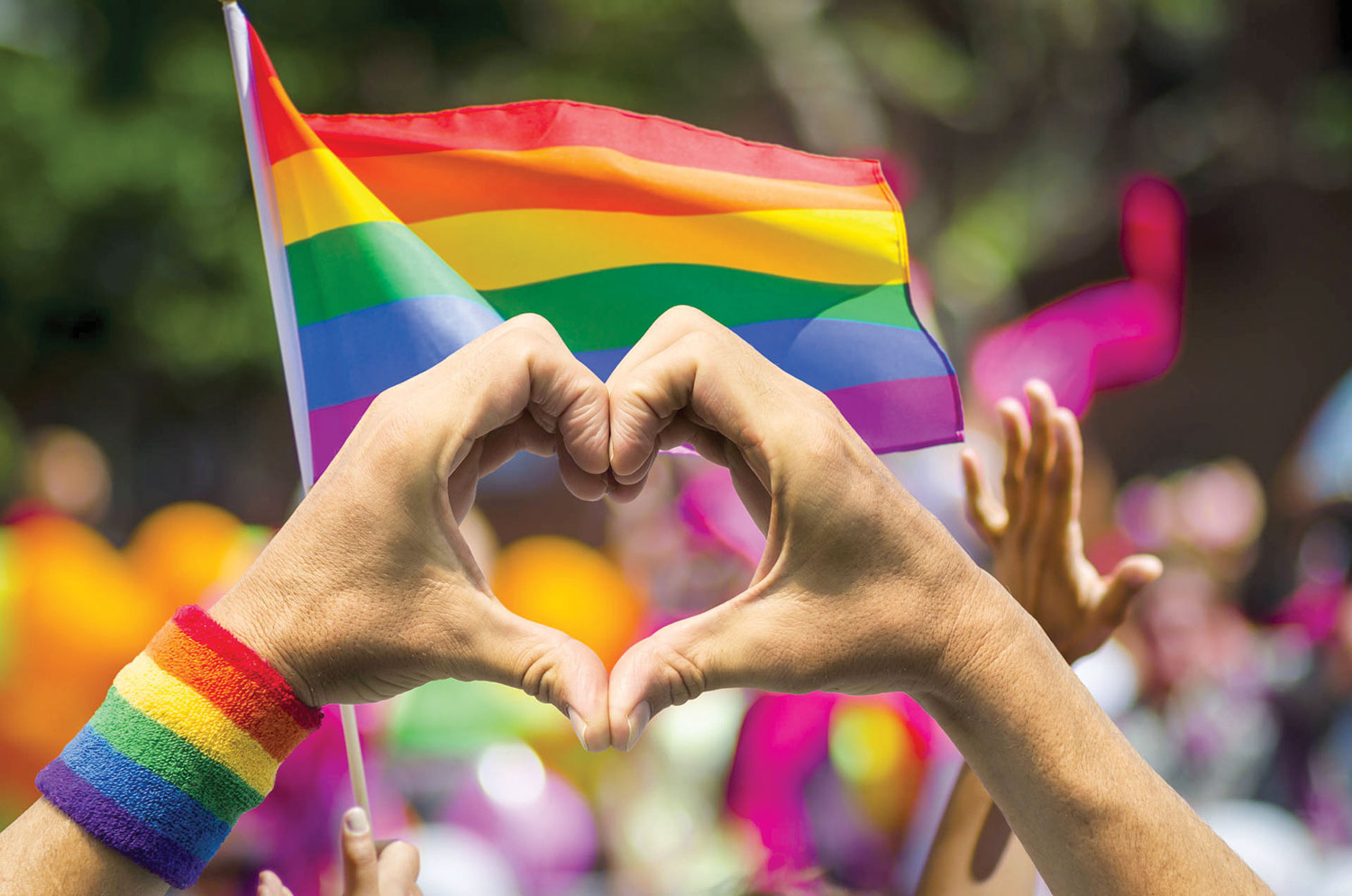 LGBTQ+ pride celebrations in the Caribbean have evolved into powerful displays of unity and resistance. These events provide a safe space for individuals to express their authentic selves openly, challenging the prejudices ingrained in society. Parades, festivals, and other gatherings have become crucial avenues for fostering a sense of belonging, breaking down barriers, and highlighting the beauty of diversity within the LGBTQ+ community.
LGBTQ+ pride celebrations in the Caribbean have evolved into powerful displays of unity and resistance. These events provide a safe space for individuals to express their authentic selves openly, challenging the prejudices ingrained in society. Parades, festivals, and other gatherings have become crucial avenues for fostering a sense of belonging, breaking down barriers, and highlighting the beauty of diversity within the LGBTQ+ community.
One such vibrant celebration is ” Trinidad and Tobago Pride,” in my home country, where the LGBTQ+ community is given an opportunity to showcase their talents, dress flamboyantly, and be proud of who they are. Other places such as Jamaica, Puerto Rico, and the Dominican Republic have also seen the rise of inclusive pride events, becoming platforms for solidarity and a call for acceptance.
Challenges and Resistance
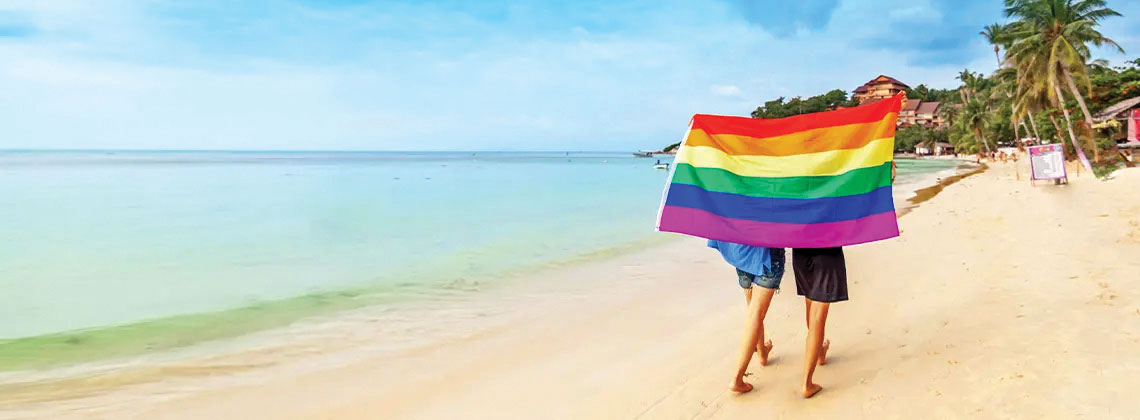 Despite the growing acceptance seen in pride celebrations, LGBTQ+ individuals in the Caribbean still face significant challenges. Many countries uphold archaic anti-sodomy laws inherited from colonial times, making consensual same-sex relationships illegal and punishable. These laws perpetuate a climate of fear and discrimination, leading to issues like harassment, violence, and social exclusion for LGBTQ+ individuals.
Despite the growing acceptance seen in pride celebrations, LGBTQ+ individuals in the Caribbean still face significant challenges. Many countries uphold archaic anti-sodomy laws inherited from colonial times, making consensual same-sex relationships illegal and punishable. These laws perpetuate a climate of fear and discrimination, leading to issues like harassment, violence, and social exclusion for LGBTQ+ individuals.
In the face of this oppression, LGBTQ+ activists and allies in the Caribbean continue to fight for equality and human rights. Grassroots organizations, such as “J-FLAG” in Jamaica and “United and Strong” in Saint Lucia, work tirelessly to challenge anti-LGBTQ+ legislation and promote acceptance. Their advocacy efforts, though sometimes met with resistance, have made significant strides in raising awareness and encouraging dialogue about LGBTQ+ issues.
Prominent LGBTQ+ Voices
 The Caribbean has seen a rise in prominent LGBTQ+ voices advocating for change and inspiring countless others to stand up for their rights. Among these voices is the Jamaican-born poet and LGBTQ+ rights activist, Staceyann Chin. Through her powerful performances and moving poetry, she has shed light on the struggles faced by the community, both in the Caribbean and beyond.
The Caribbean has seen a rise in prominent LGBTQ+ voices advocating for change and inspiring countless others to stand up for their rights. Among these voices is the Jamaican-born poet and LGBTQ+ rights activist, Staceyann Chin. Through her powerful performances and moving poetry, she has shed light on the struggles faced by the community, both in the Caribbean and beyond.
Similarly, Richie Akiva, a Puerto Rican entrepreneur and LGBTQ+ advocate, has used his platform to push for greater inclusivity in his country’s cultural and nightlife scenes. By organizing LGBTQ+-inclusive events and supporting local queer artists, Akiva has been instrumental in fostering a more accepting environment.
The strength and resilience of LGBTQ+ Caribbean communities serve as a testament to the power of unity and visibility. Despite facing oppressive legislation and cultural stigma, these communities continue to celebrate their identities and fight for their rights. The road to equality may be challenging, but with their unyielding pride, the LGBTQ+ Caribbean community continues to pave the way for a more inclusive and accepting future.
For more information about SunServe’s unique programs to support the metal health and well-being of the most vulnerable members of the LGBTQ+ community, visit us online at: SunServe.org.
